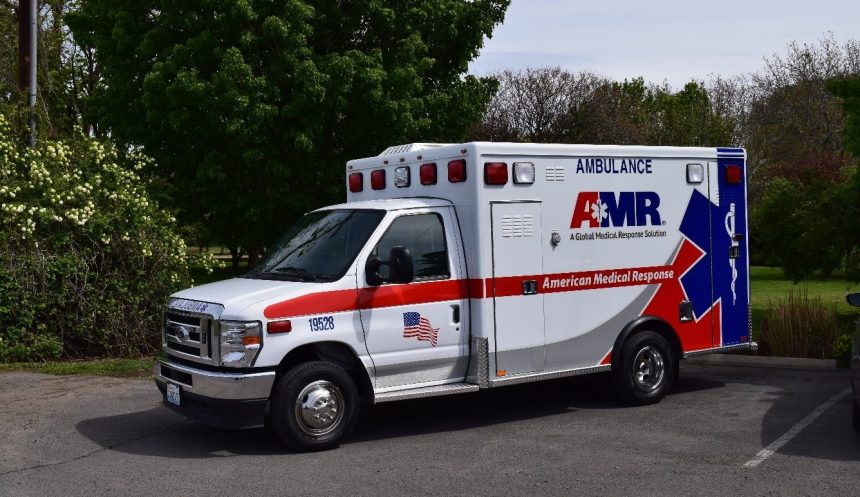As temperatures have plunged in Mississippi, the American Medical Response (AMR) has important suggestions for avoiding, recognizing, and providing first aid for two deadly cold-related illnesses.
Both hypothermia and frostbite conditions occur even in areas known for warm weather due to wind chill and exposure to snow or wet conditions. As temperatures begin to drop, exposure can be a threat to life and limb – especially for older adults, small children, the chronically ill, and people who are required to be out in the cold for long periods.

Each year across the United States, nearly 1,300 people die from exposure to excessive cold.
“To avoid hypothermia and frostbite, wear several layers of loose clothing – even indoors,” Jim Pollard with AMR Central Mississippi said. “Layers of clothes provide more insulation than one thick garment. When you are outdoors, the top layer should resist rain, sleet or snow and have zippers for venting body heat if you become too warm.”
It is also suggested for people to:
- Wear a stocking cap since a substantial percent of body heat escapes through the scalp.
- Wear mittens because they keep hands warmer than gloves.
- Remove any clothing that gets wet as soon as possible.
- Check on older adults frequently because age and some medications hinder the body’s ability to sense and adapt to temperature changes.
“We should remember that hypothermia can happen indoors as well as outside,” Pollard noted. “People with little or no source of heat should move to a friend or family member’s home or to a public shelter.”
To stay warm in your home if the power goes out, Pollard advised utilizing a south-facing room, closing the doors for all unused rooms and other parts of the home where heat could be wasted. Stuff towels between the bottom of the door and the floor, especially where there are drafts.
In the daytime, it is recommended to open curtains for the warmth of sunlight, wear loose layers of clothing and a stocking cap indoors, and stay bundled up with blankets. If one has a fireplace that is working properly, it is prudent to put it to use. To prevent carbon monoxide poisoning, do not bring a generator indoors and do not use a gas stove for heat.







